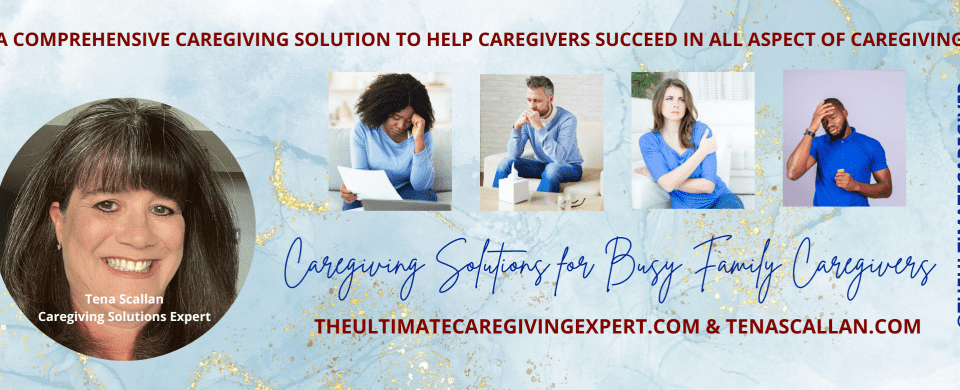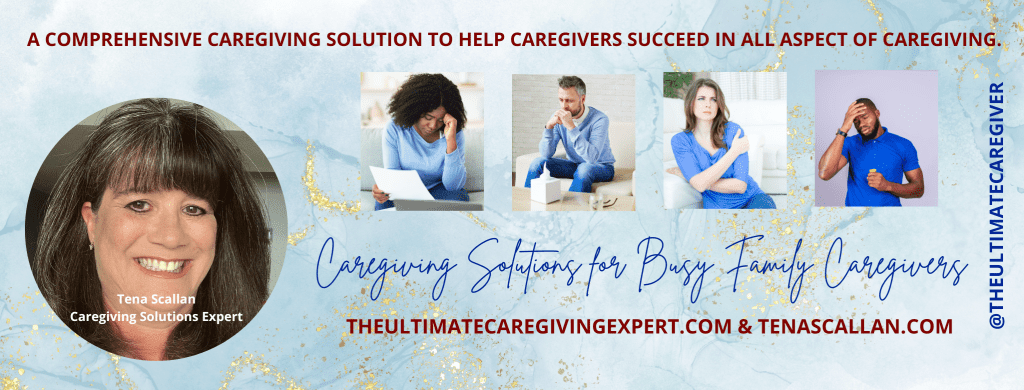Atrial fibrillation is a condition characterized by an irregular and fast-paced heartbeat. Anyone at any age can suffer from atrial fibrillation. However, the risk of developing this condition increases as one age. Your aging loved ones are at the highest risk of suffering from atrial fibrillation. Your aging loved ones suffering from atrial fibrillation is undoubtedly not a favorable condition as this puts them at significant risk of having a stroke.
Understanding the problems and risks of atrial fibrillation
Types of atrial fibrillation
-
Paroxysmal
This is when your heart goes in and out of normal rhythm for less than a week.
-
Persistent
It can usually last longer than a week. After that, it might stop on its own, but it’s possible you could need medicine or treatment to stop it.
-
Long-standing persistent
This means your AFib has lasted more than a year and doesn’t go away.
-
Permanent
Treatments cannot correct it. If you have this type, you and your doctor will decide whether or not you may need long-term medication to control your heart rate and lower your risk of stroke.
-
Valvular
This means that a heart valve problem causes your AFib.
-
Nonvalvular
It is atrial fibrillation that isn’t caused by a problem with a heart valve.
Symptoms of atrial fibrillation
-
Increased heartbeat
-
Shortness of breath
-
Lightheadedness
-
Swelling of the shins
Signs to look for a stroke
-
Face drooping
-
Arm weakness
-
Speech difficulty
Other possible signs and symptoms of a stroke
-
Weakness or paralysis of any other parts of the body
-
Numbing sensation anywhere in the body
-
Trouble walking or loss of balance and coordination
-
Vision changes or problems with eyesight in one or both eyes
-
Dizziness
-
A severe headache that is unlike another headache in the past
-
Confusion
-
Difficulty swallowing
Tips to take care of an aging loved one with atrial fibrillation.
Lifestyle changes your loved one should follow.
-
Reduce the intake of caffeine and alcohol
-
Stop smoking
-
Exercise regularly is a must to stay active
-
Keep weight under check
-
Follow a low-sodium and low-fat diet
-
Avoid all activities that cause stress
-
Practice meditation, such as breathing exercises and yoga
Foods to avoid
- Salty foods
- Sugary foods
- Aged or preserved foods
- Caffeine
- Leafy greens
- Citrus fruit
- Alcoholic beverages
- Saturated fatty meats
- Whole-fat dairy products
- Fried foods
- White rice
- Frozen beverages
Fall prevention
Caregiving group
Caregiving can be challenging, frustrating, and highly stressful!
But it doesn’t have to be that way.
I will tailor the sessions to your specific needs to:
Additional Education
Education in caregiving refers to the process of acquiring knowledge, skills, and understanding necessary to provide care for individuals who require assistance with activities of daily living, such as bathing, dressing, eating, and grooming. This education can be obtained through formal programs or on-the-job training and experience. Education in caregiving aims to equip individuals with the skills and knowledge necessary to provide high-quality, compassionate care for those in need.
Caregiving can be challenging, frustrating, and highly stressful!
But . . . it doesn’t have to be that way.
Imagine . . .
- Giving care with expertise and confidence
- Managing your loved one’s daily activities in an organized and structured way
- Following a proven caregiving system that provides for your loved one’s needs while also giving you peace of mind.
If the above sounds like what you need and have been searching for desperately . . . Then you need to enroll in The Ultimate Secrets to Caregiving with LESS Stress and MORE peace course!



